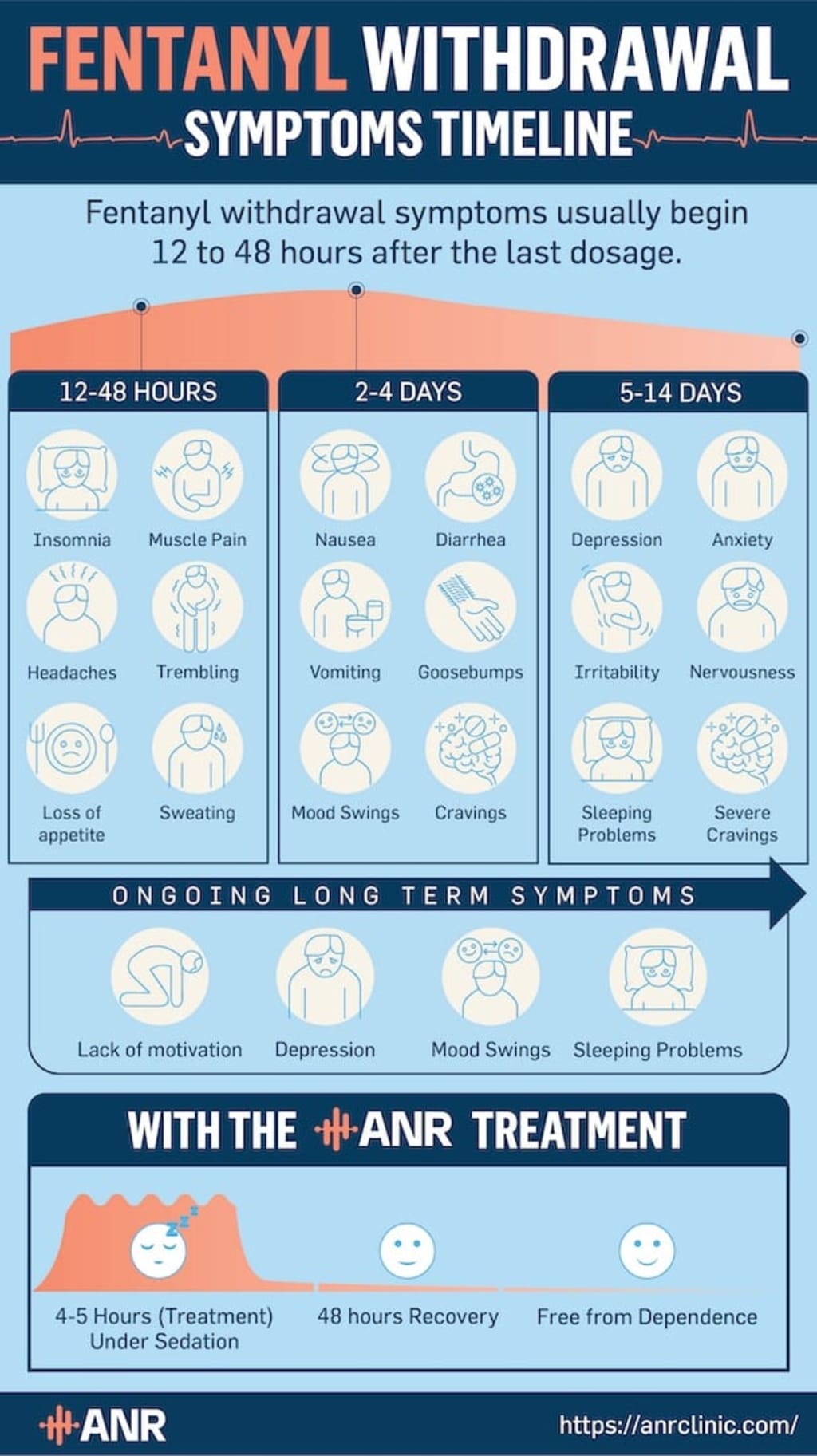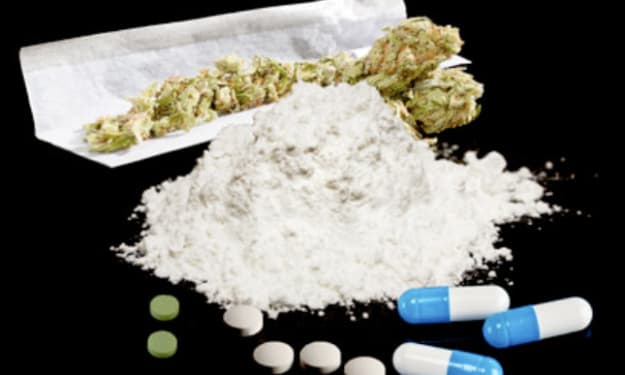
If you are struggling with a fentanyl addiction, it is important to know that there are many treatment options available to you. This article explains some of the different symptoms of fentanyl withdrawal, as well as the various treatment options that can be used to help you get off of this narcotic.
Symptoms of fentanyl withdrawal
Fentanyl withdrawal symptoms are extremely unpleasant and can cause a range of medical complications. Withdrawal can be painful and can last months. However, there are ways to minimize the symptoms.
The best way to relieve the symptoms of fentanyl withdrawal is to visit a treatment center. These centers offer medications that help ease the symptoms. They also provide behavioral therapies that help clients understand their addiction and learn how to manage pain and diet.
During withdrawal, patients are encouraged to drink plenty of water. This can help prevent dehydration and sodium build-up. It is important to stay hydrated, as rapid loss of fluids can lead to heart failure. Medications can also reduce cravings and make the experience more comfortable.
The intensity of fentanyl withdrawal can vary from person to person. Those who take high doses or who use the drug frequently usually have more severe symptoms.
After the initial stage of fentanyl withdrawal, the physical symptoms will subside. However, mental symptoms can continue to worsen.
Symptoms include a high heart rate, restlessness, nausea, and vomiting. Typically, these symptoms will subside by day four or five of detoxification. Some people are able to go on to live normal, fentanyl-free lives without the need for treatment.
Fentanyl withdrawal can be fatal. If you feel that you are experiencing a life-threatening situation, get emergency medical care right away.
Treatment options for fentanyl addiction
Fentanyl is a very powerful drug that is used for pain management. However, many people misuse it and become addicted. Symptoms of fentanyl addiction include cravings and withdrawal. In order to overcome these symptoms, it is important to seek professional help.
Inpatient and outpatient treatment programs are available for fentanyl addiction. The intensity of the program and the length of stay depend on the needs of the patient. Treatments may involve medication-assisted therapy, cognitive behavioral therapy, dialectical behavior therapy, or motivational enhancement therapy.
Motivational enhancement therapy is a type of group counseling that helps clients recognize their thoughts and emotions. It involves guided conversations, reflections, and empathy. This helps patients identify negative feelings and overcome them.
Behavioral therapies such as cognitive behavioral therapy and dialectical behavior therapy help clients change their thoughts, behaviors, and coping strategies. These therapies are a part of most outpatient and inpatient treatment programs.
Treatment programs also usually address family issues. Family members are encouraged to attend counseling sessions to better understand their loved one's behaviors. They are also involved in a recovery support team to support the patient's healing.
Medications can help reduce the symptoms of fentanyl withdrawal. These medications work by acting on opioid receptors in the brain. Naloxone and buprenorphine, for example, decrease cravings and reduce the risk of overdose.
Avoid temptation to relapse
If you are going through a fentanyl detox, you'll want to avoid temptation to relapse. To do this, you'll need to identify what triggers your use and what you can do about them.
Aside from the usual suspects such as temptation, fatigue and depression, there are some less obvious things to watch out for. For example, your sleep quality can be improved by following a structured sleep schedule. You can also try a healthier diet and exercise.
Another important piece of the puzzle is a solid support system. Relapse can be prevented by developing a network of people who can help you make it through difficult times. Peer groups can provide accountability and teach you to identify coping skills.
The most effective relapse prevention plans are comprehensive and include ways to heal and correct the damage done. This includes a structured sleeping schedule, exercise and a healthy diet.
However, the most important part of recovery is the support you receive. Having a sponsor to help you stay on track can go a long way. Seeing an addiction counselor can be helpful, too. Identifying a support group is the first step.
Learning to recognize and deal with triggers can make all the difference in avoiding relapse. Your triggers may come in the form of a friend's words, a situation or a feeling.





Comments
There are no comments for this story
Be the first to respond and start the conversation.